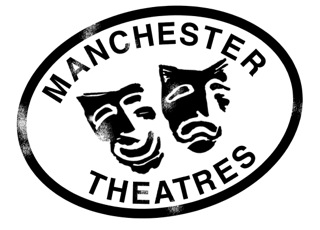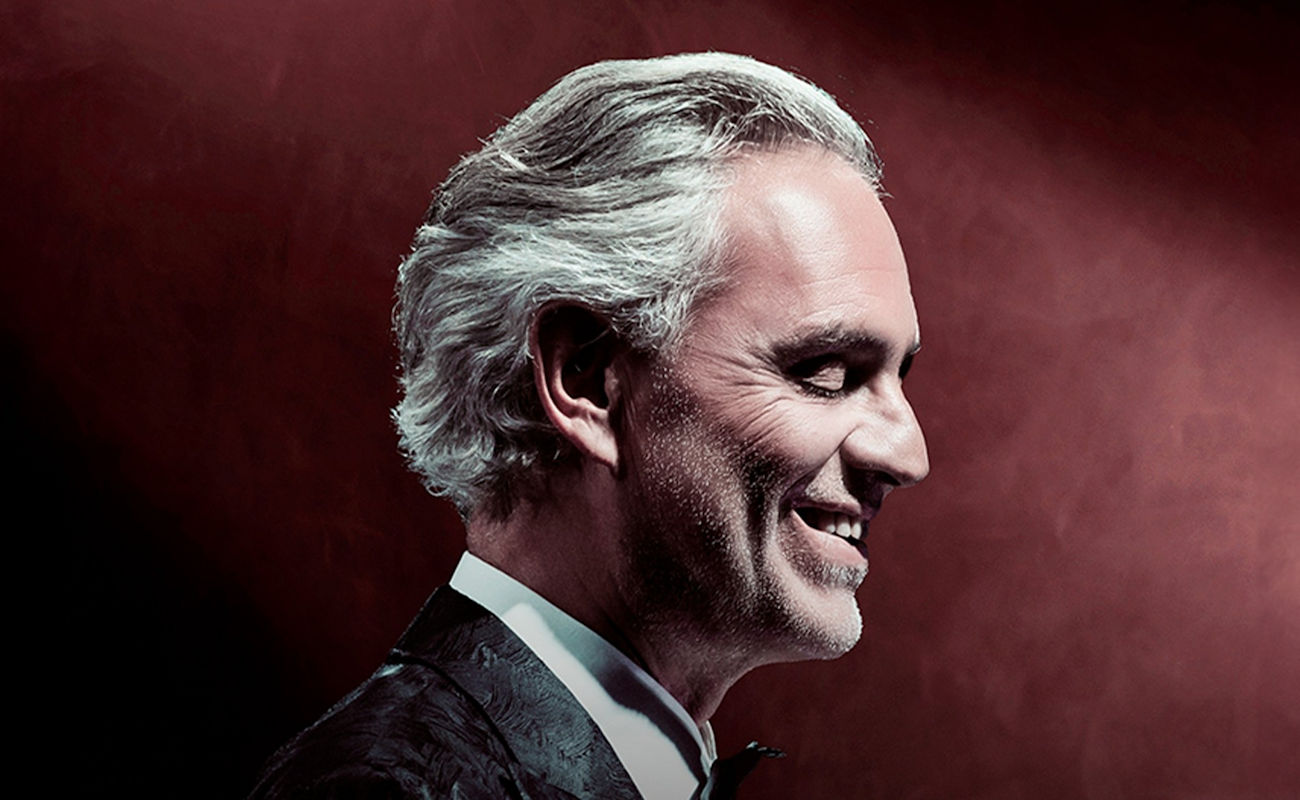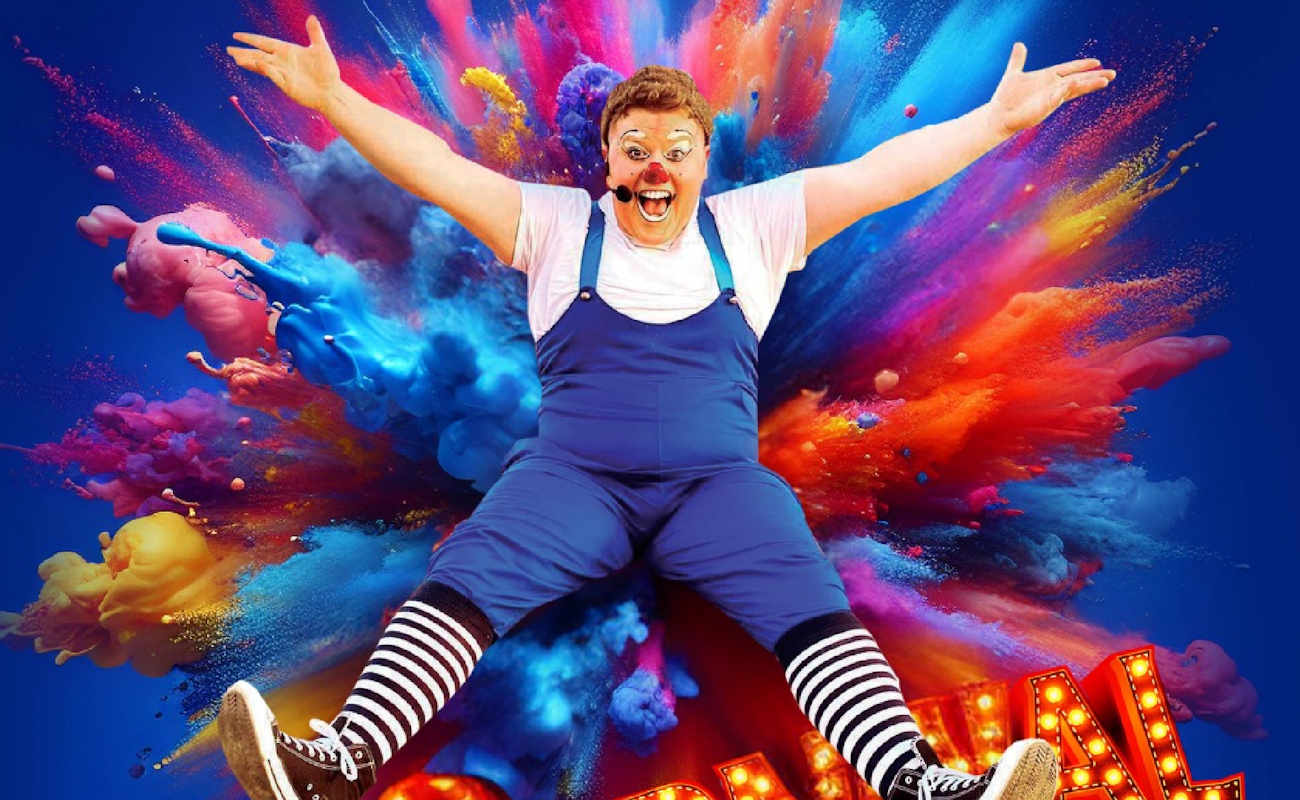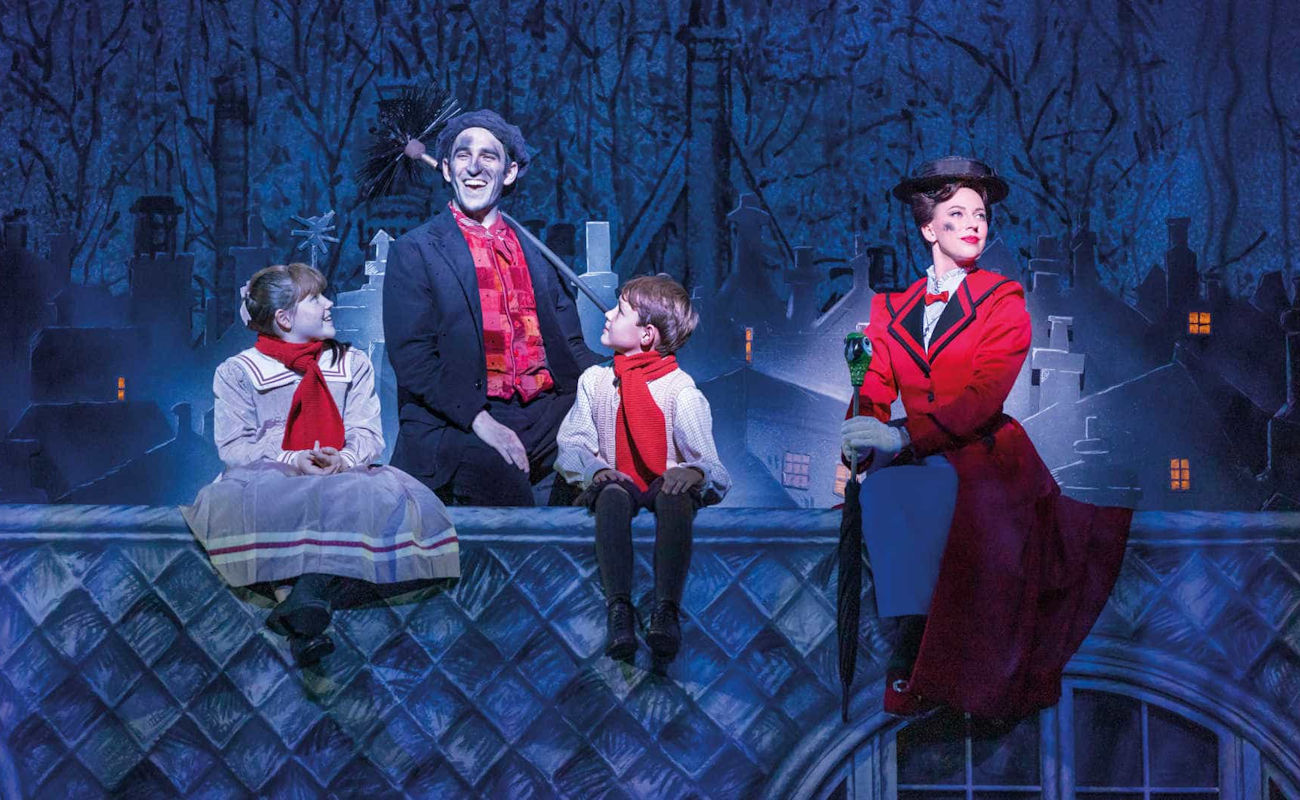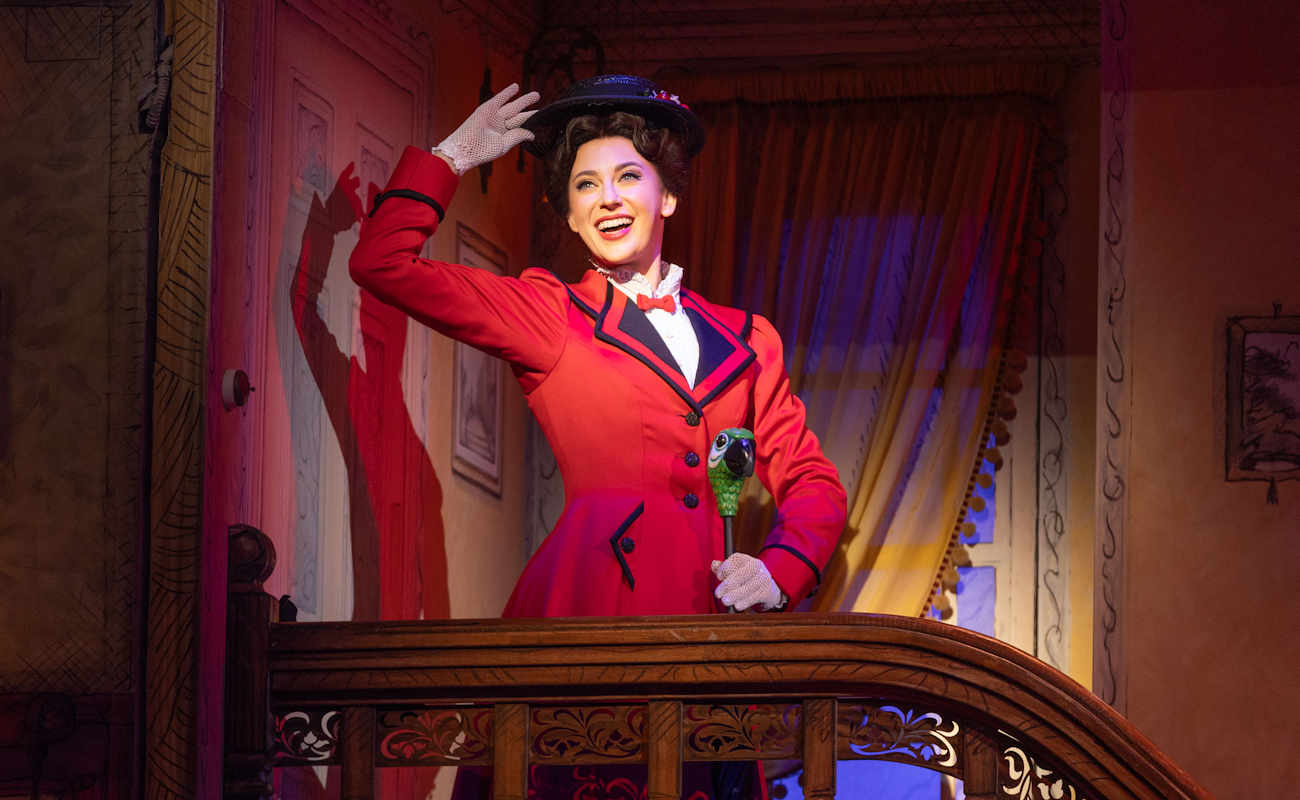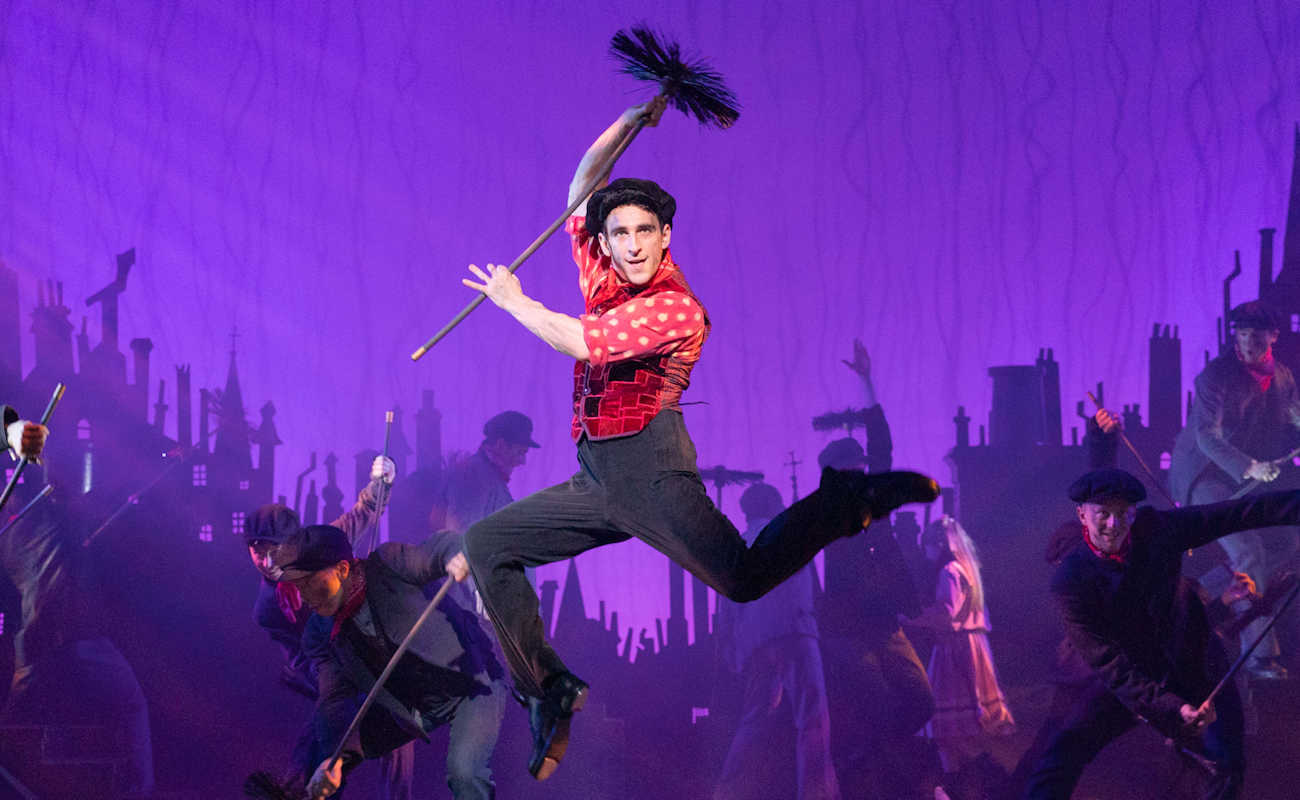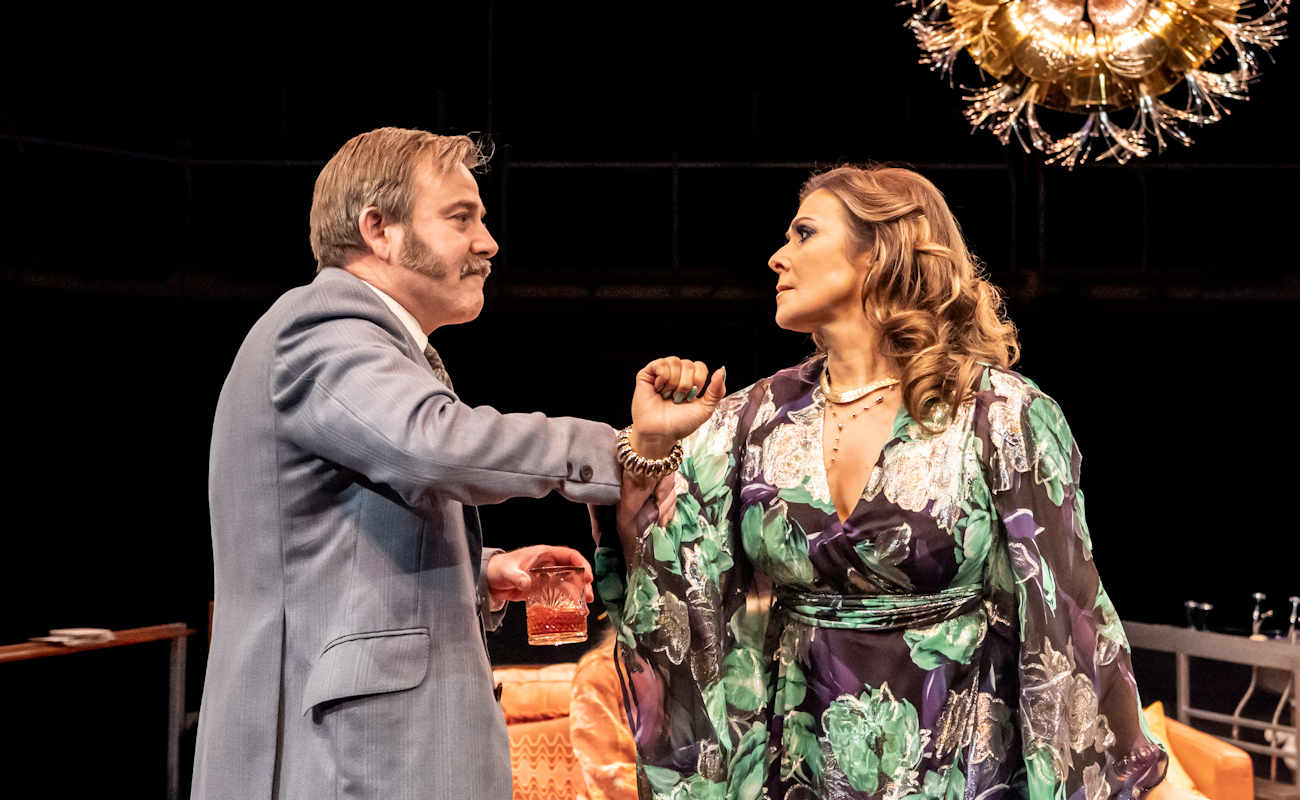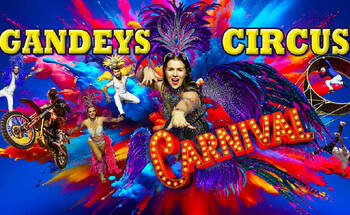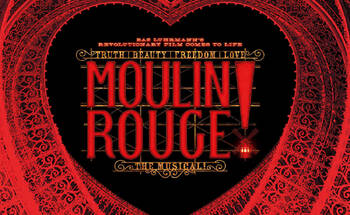Manchester Theatre News & Reviews
Mamma Mia has arrived in Manchester - Are you a fan of Jukebox Musicals?
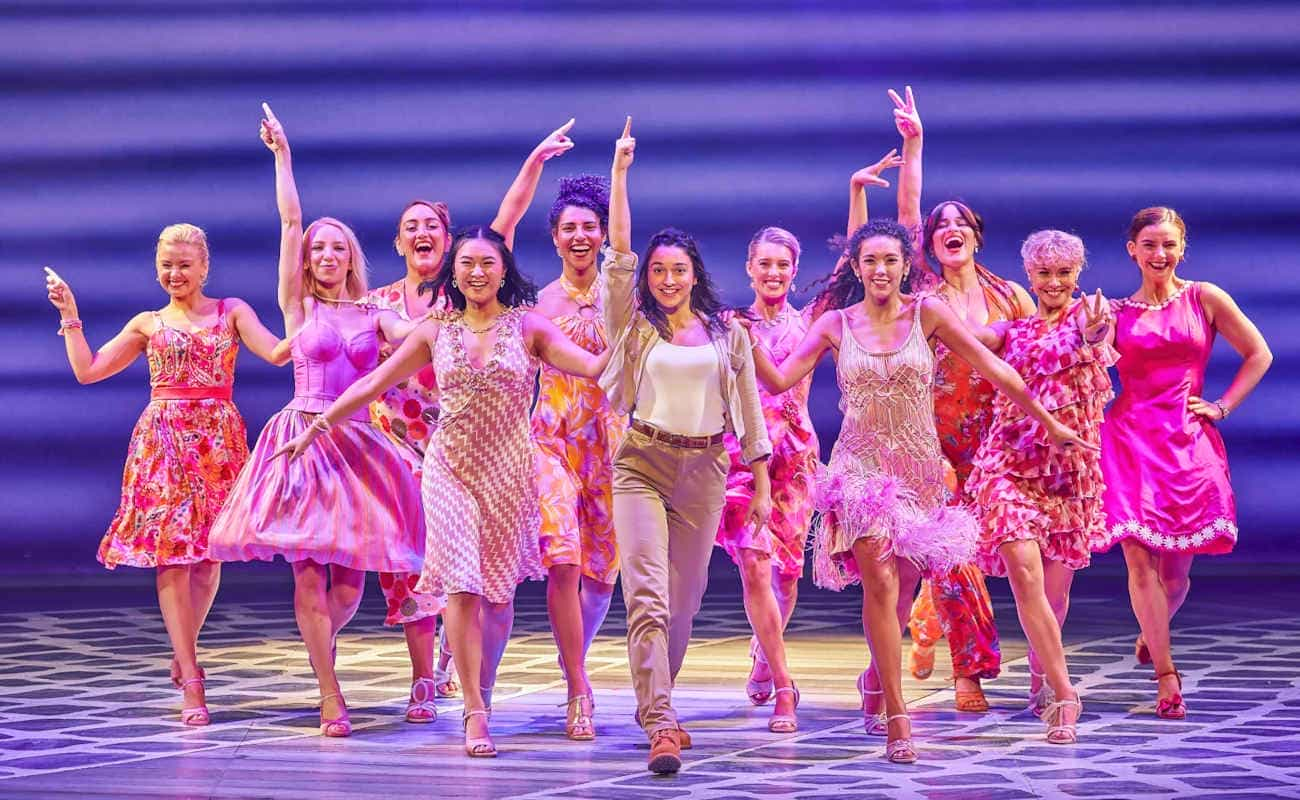 BOOK TICKETS FOR MAMMA MIA!
BOOK TICKETS FOR MAMMA MIA!
Are you a fan of Jukebox musicals? With Mamma Mia opening tonight in Manchester, our head reviewer, Karen Ryder has her say...
When I was just 11 years old, my best friend invited me to London with her family to watch Buddy – The Buddy Holly Story. I grew up in a house that loved music so I’d heard of Buddy Holly and knew a couple of his songs, but that was about it. By the end of that weekend, I was hooked! Thanks to the long car journey, I arrived home knowing every lyric to every song, and to this day I still play his music, watch the countless documentaries about Buddy Holly & The Crickets and grab a ticket every time the musical is on tour. It's at the Manchester Opera House from April 26th. Buddy is categorised as a jukebox musical – a swear word to some, a nugget of joy to others. The term Jukebox musical has become a bit of a “put down” in some circles, a bit like the way Simon Cowell used to call people “cruise ship singers” as a derogatory term. But love them or loathe them, they are multiplying faster than Danny Zuko’s chills, and are pulling in audiences more than ever before.
 Buddy celebrates 30 years and can be seen on stage in April
Buddy celebrates 30 years and can be seen on stage in April
So, what exactly is a jukebox musical? In a nutshell, it is a musical that uses existing popular songs, rather than original music, as it’s musical score. These songs could be linked by a particular artist (ABBA – Mamma Mia at the Manchester Opera House from Jan 31) or be linked via a time period or genre, such as rock from the 1980’s (Rock Of Ages at the Manchester Opera House from March 14). The songs are then linked and contextualised into a story which can be entirely original and fictional and nothing to do with the artist or time frame (We Will Rock You by Ben Elton) or can follow the life story of the artist involved (Jersey Boys).
Whilst the jukebox musical is by no means a new phenomenon (they have arguably been performed since the 17th century where comic operas parodied popular songs of the time, such as The Beggar’s Opera), it does seem to be an ever-increasing mode of producing new musicals. Many attribute this surge in popularity to the international success of Mamma Mia in 1999, and again its film in 2008 (that had me dancing in the cinema aisles on multiple occasions). The popularity of the jukebox was solidified and impossible to ignore in 2010 when all bar one of The Tony Awards Best Musical nominees were jukebox musicals. The genre has smashed its way onto stages across the globe and in many cases, dominated over the traditional musical.
 The popular Rock of Ages returns to Manchester in March
The popular Rock of Ages returns to Manchester in March
I’ve watched just about every genre of musical in my time, from traditional, to new, to Disney, to those adapted from films, to jukebox. The jukebox genre holds it own in my humble opinion, and sure there are some out there that are questionable, but the same can be said of every genre of musical. It’s not the genre that makes it work or not work, it’s the collaborators and creatives behind it, the strength of the music and book, the economic climate into which it is released, and so on. A million factors play into the success of a musical, so to merely chalk it up to a dirty swear word of jukebox as some highbrow, elite, pigeonholed folk like to do, I say – ‘The Winner Takes It All’ and the success of Mamma Mia alone shows that when done right, a jukebox musical can be untouchable.
It has been suggested that the jukebox musical takes away opportunity from those who are creating new musicals with new music. This is actually a point I can empathise with to be fair. As a writer trying to launch a first-time book, the trend of ‘celebrity authors’ gazumping new writers as they already have a popularity attached so are more of a sure thing, is frustrating, somewhat annoying, and mirrors the argument against a jukebox musical taking space away from newbies. I get it. But I also understand why it is done. Musicals (or books) take a heck of a financial investment and risk to get off the ground and the financial risk is usually that of the backers, not the artist. A jukebox comes with a readymade audience who already know and love the music. There is more of a ‘bums on seats’ guarantee.
Mamma Mia sells out everywhere it goes, the release of its film DVD was the fastest ever selling, it is a global success that has made its creators millionaires. This, as mentioned earlier though, is not just down to the music of ABBA, but to the brilliance of the creative team behind it for with the best will in the world, doing it badly would not have audiences returning time and time again. Also, Benny and Bjorn were involved in the development of the show from the beginning, so you had all creatives working together. This is not always the case for jukebox musicals, where permission is granted to use an artists songs, but the artist or song writer is not involved in the development of the plot or story, so songs can sometimes feel shoe horned in, rather than organically growing out of the scenes and that need to express and advance the story because words alone are no longer enough. This can lead to the story being compromised to ‘fit in a song’ rather than a song being organically written to enhance the story.
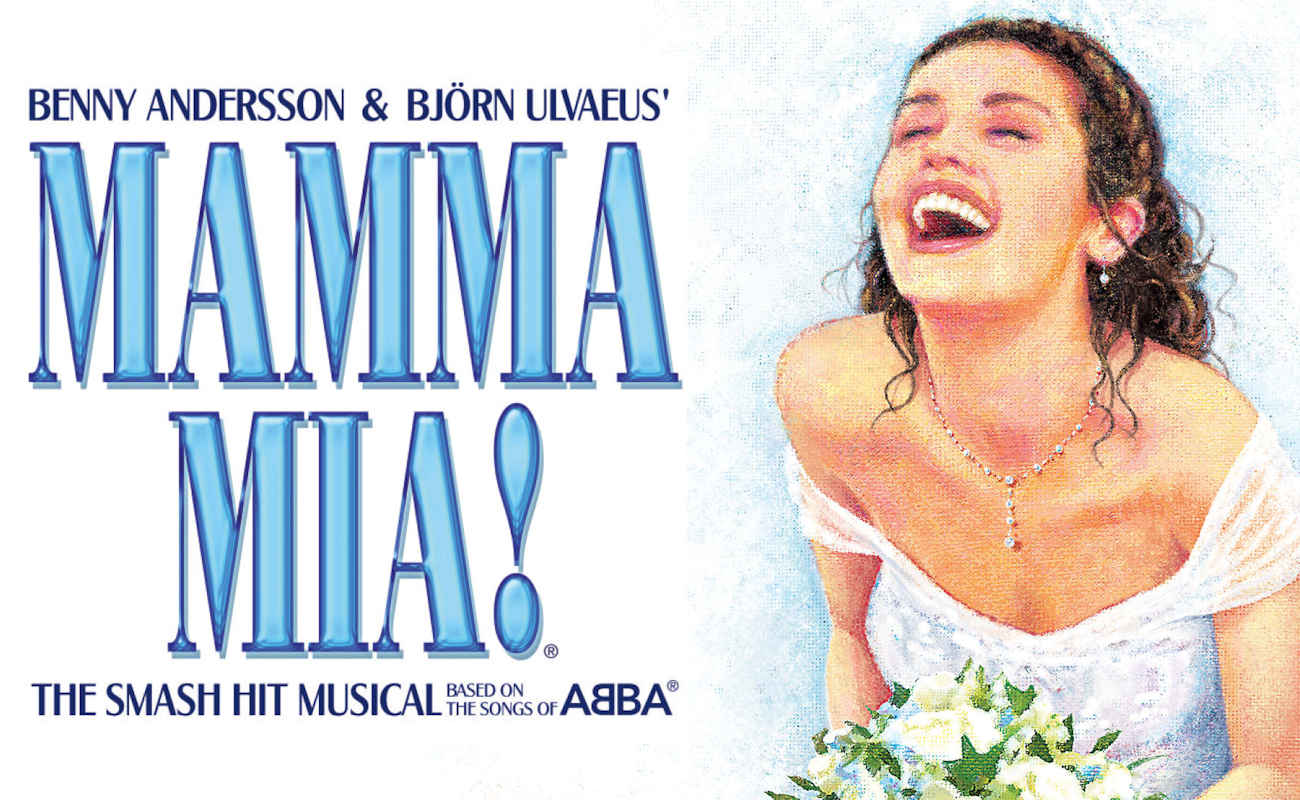 Mamma Mia! takes centre stage at the Manchester Opera House from today
Mamma Mia! takes centre stage at the Manchester Opera House from today
Having said all that, I still love me a good jukebox musical. I will always adore and champion traditional and new musicals, but it doesn’t have to be one or the other. I love what a jukebox show can stand for. It gets people into the theatre who would usually rather burn than step foot into our jazzle dazzle, emotive, sequin clad, luvvie, darhling world (as some may see it). It welcomes and introduces new audiences to our wonderful world, allowing the joy of live performance to be gifted to all. These shows come with die hard fans. At The Jersey Boys recently, they even had to do an announcement reminding people that this was a show, not a concert, requesting that these fans don’t sing over the artists! The result of a jukebox can be hysteria! At The Osmonds – A New Musical, the atmosphere was insane! It was a recreation of Osmond mania, and it may as well have been Donny on stage. At We Will Rock You, a very grown, very hairy tattooed group of men broke down crying at the end because it would have been Freddie’s birthday on that particular day, and to share in his music once again meant something to them. Love them or loathe them (love!) the jukebox musical means something to a large population of paying audience members, and if it gets them to the theatre, provides endless new job opportunities for the hard-working members of the showbiz world, including cast, creatives, technical, producers, admin and everyone else, why does that have to be a bad thing?
As 11-year-old me has proven, it also introduces us to music that may not be new to the world but can be new to us as an individual, and form a lifelong love affair, create personal bonds, and see us through the ups and downs of our own stories. Let’s face it, we all have songs that evoke certain memories, so are we not all just creating our own jukebox musicals through life? The creative in me often listens to playlists and before I know it, I’ve visualised an entire production. Sometimes I revisit a favourite album such as Bon Jovi’s Crossroads and daydream about how that show would go. So, whether you’re a rocker, a country fan, a Motown fiend, or a child of the 60’s, there is probably a jukebox musical out there for you, and if by any chance there isn’t, I would say just be patient as I’m sure it’s on its way.
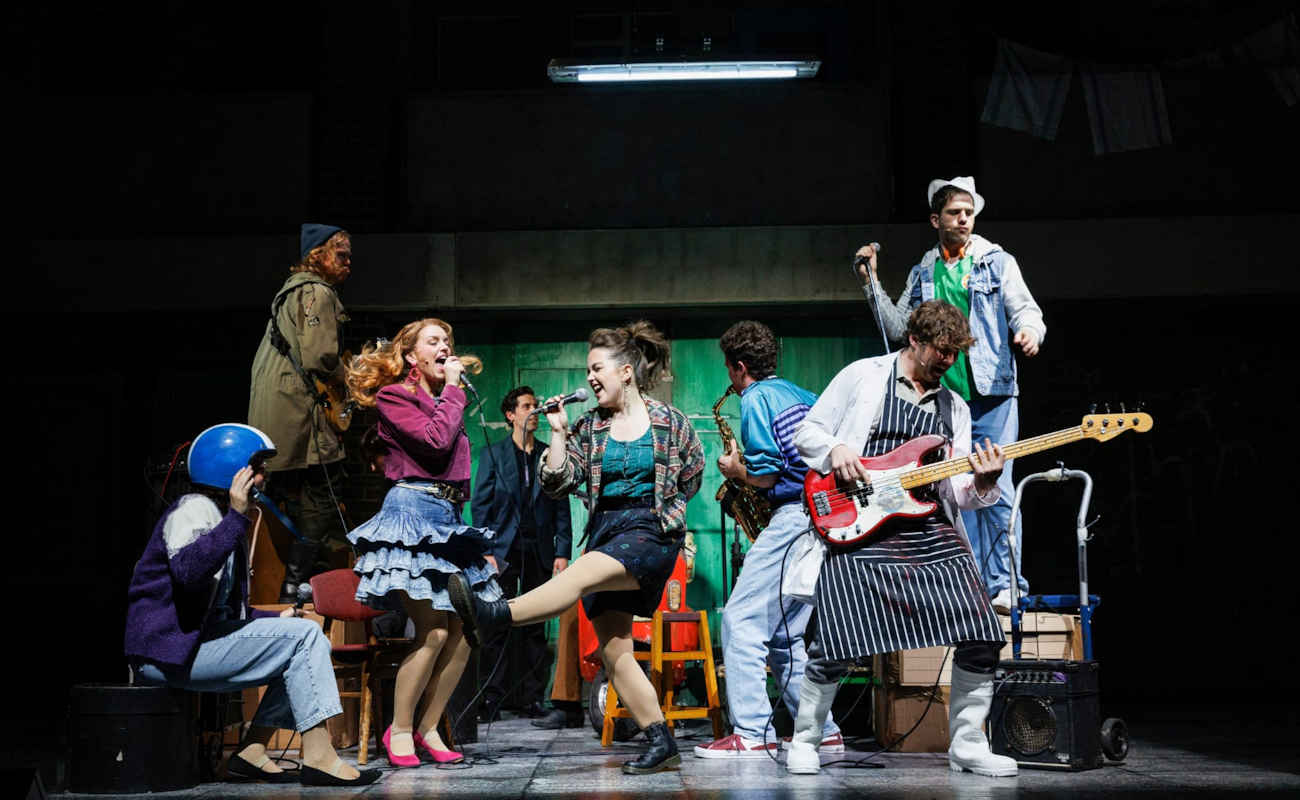 The Commitments can be seen at the Manchester Opera House this June
The Commitments can be seen at the Manchester Opera House this June
